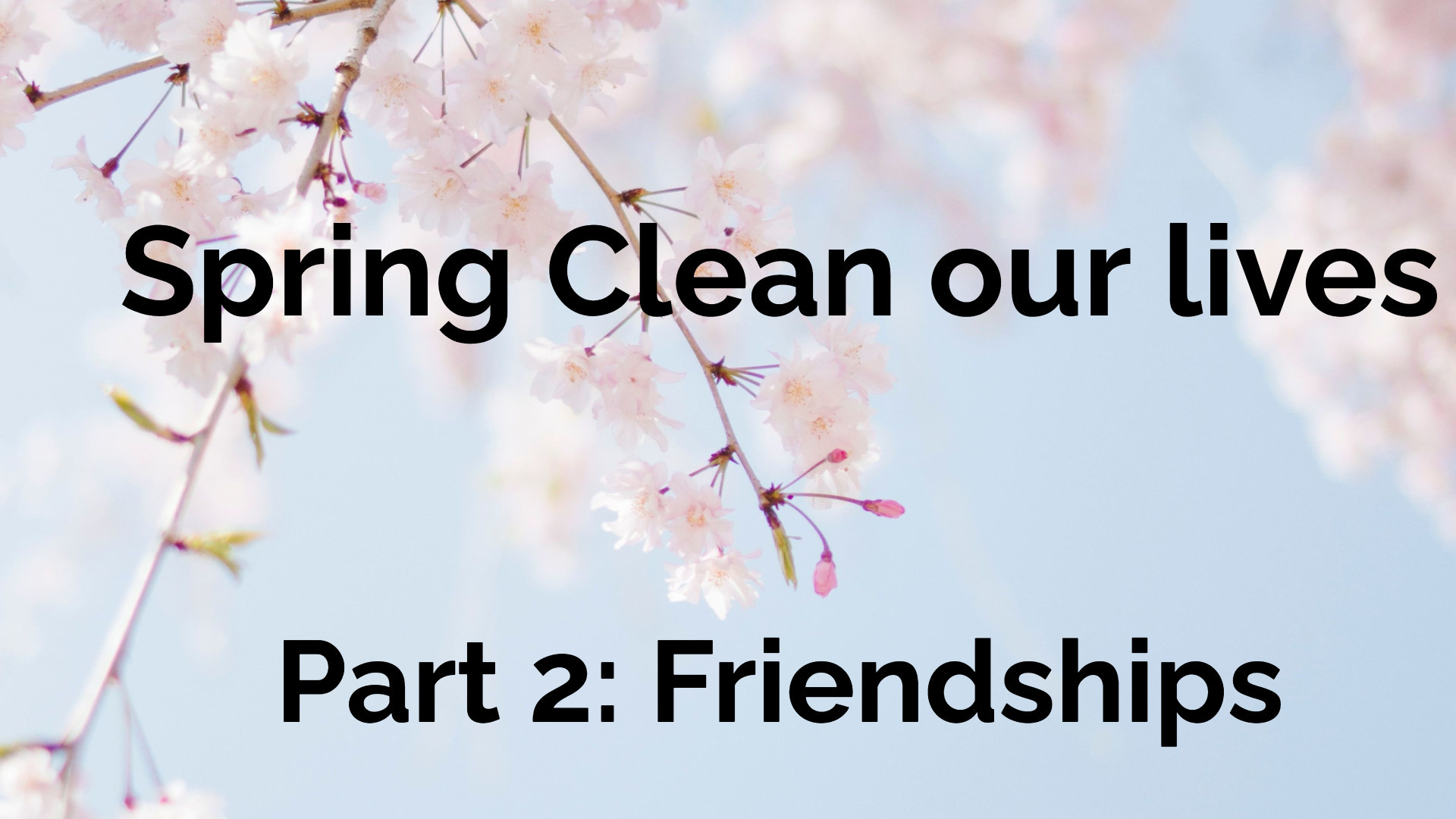There is the information that is obvious – height, job title, our way to approach stressful situations … but there is a lot that we don’t know, a lot to do with our personality.
Does it matter that we don’t know?
I think so.
The more that we understand ourselves, our personality, the easier we find it to deal with other people.
Understanding our personality means that we understand the situations where we will be at our best, and at our worst.
It helps with the way we work and we know the sorts of tasks and situations that allow us to be us. Understanding our personality allows us to have better relationships with others and so much more.
We then have a choice
For me, for many years I acted in the way my organisation wanted me to be. I had to change so many things about my personality/ personal style. I had to be a more assertive and outgoing version of me, which lead to me having to communicate with people in a way that wasn’t natural and this lead to stress. I also needed to develop strategies to read and make sense of complex documents fast, not my ideal way of reviewing information. But I was in my 30s and better able to deal with this.
Later I moved into work that allowed me to be more me, and this lead to some of my best work. I was much freer in my way of working with others. I could let my personality shine through.
Later still I’m working in my own business and this time I’m even more of who I am – I feel comfortable with my way of working, and how I work with clients. I choose work that plays to my personality and my strengths and say no to other work.
There are different ways of finding out who you are – your personality
At work, you may get involved in a 360-degree feedback process. You may complete personality assessments. This can be very helpful, but often clients and friends will tell me that they don’t want to reveal their true self in a group situation. They answer in a way they think that they should, especially when the results are going to be shared as part of a group.
I much prefer feedback to be on a one to one basis with someone knowledgeable so you properly understand more about your personality, what your results mean and don’t jump to conclusions.
Group feedback should also be done in a sensitive way, respecting differences.
Choosing a personality assessment
There are so many options to understand your personality, many for free, and it can be hard to choose. Some personality assessments are so well known you think that you must choose that one, or you opt for free versions and then find out the report is limited. So, you take another and another, with never a discussion about the difference between what the report says and how it changes once you add your detail. You only get an overview of your personality.
For example, with the Myers Briggs Type Indicator we talk about Reported Type, what the results show and Verified Type, the choice made after talking the results through.
There are other types of personality assessment, the ones most often used in recruitment such as the OPQ, 15FQ, Talent Q Dimensions, Saville’s Wave and 16PF. (I’m qualified to use these). These provide a more detailed view of you in the workplace. For example, choose the 15FQ and we cover these primary dimensions
| Low Score Description |
High Score Description |
| Distant, Aloof | Empathic |
| Affected by feelings | Emotionally stable |
| Accommodating | Dominant |
| Deliberate, Serious | Enthusiastic, Impulsive |
| Expedient | Conscientious |
| Restrained | Socially Bold |
| Hard-headed | Intuitive |
| Trusting | Suspicious |
| Pragmatic | Conceptual |
| Direct | Restrained |
| Confident | Self-doubting |
| Conventional | Radical |
| Group Orientated | Self-sufficient |
| Informal | Disciplined |
| Composed | Tense-driven |
How it helps – at work and in our personal lives
What I like about this type of personality assessment is that it is more focused on the workplace and allows us to see, in a safe environment, how we are likely to appear to a potential employer. We can then see if we want to plan to change, or seek out somewhere with a better fit.
Personality assessment is also about being ready to describe perceived areas of poor fit and to explain how you deal with this. So, for example if being very trusting is seen as a weakness, be ready with examples of how it helps with your colleagues and clients. You expect the best and only if let down do you change your approach. With a clear example or two ready to discuss.
I’m seen as someone who doesn’t always conform – and I see this as a good thing. I question why things are done and suggest alternatives. I love to look for new ways of being effective, and I can use this in my work. But in another situation and this would not be appreciated, again I play to my personality strengths.
Case study 1: Sam
Sam knew she lacked confidence and was quiet. Talking through the results of a personality assessment helped her understand where this could be helpful – she was good at listening. She also became clearer of the areas where it doesn’t help. Whilst she has lots of good ideas and comments to make she holds back and others speak up and get the credit.
Understanding this helped Sam develop her confidence and speak up more. It was helped by preparation and discussing this with other team members who supported her to speak up in a meeting.
Case study 2: Mike
Mike wanted to learn more about himself to help with his relationships, so a personality assessment was helpful. His assertive style worked reasonably well at work but less so in his personal life. He wanted to learn more on how to adapt his style. Using a personality assessment was helpful as part of a wider programme.
The work with Mike is helpful for others interested in personal development. They could go on courses and learn more technical skills, but it is often the inner learning that leads to most progress. A clear understanding of strengths and weaknesses of our personality helps with where to focus.
The understanding helps
Understanding more about your personality can help you to concentrate on developing strengths further and using other people in areas of weakness unless they are essential to the job.
This article on personality is the first of a series, talking more about assessments, feel free to ask questions and I’ll address them next time.





